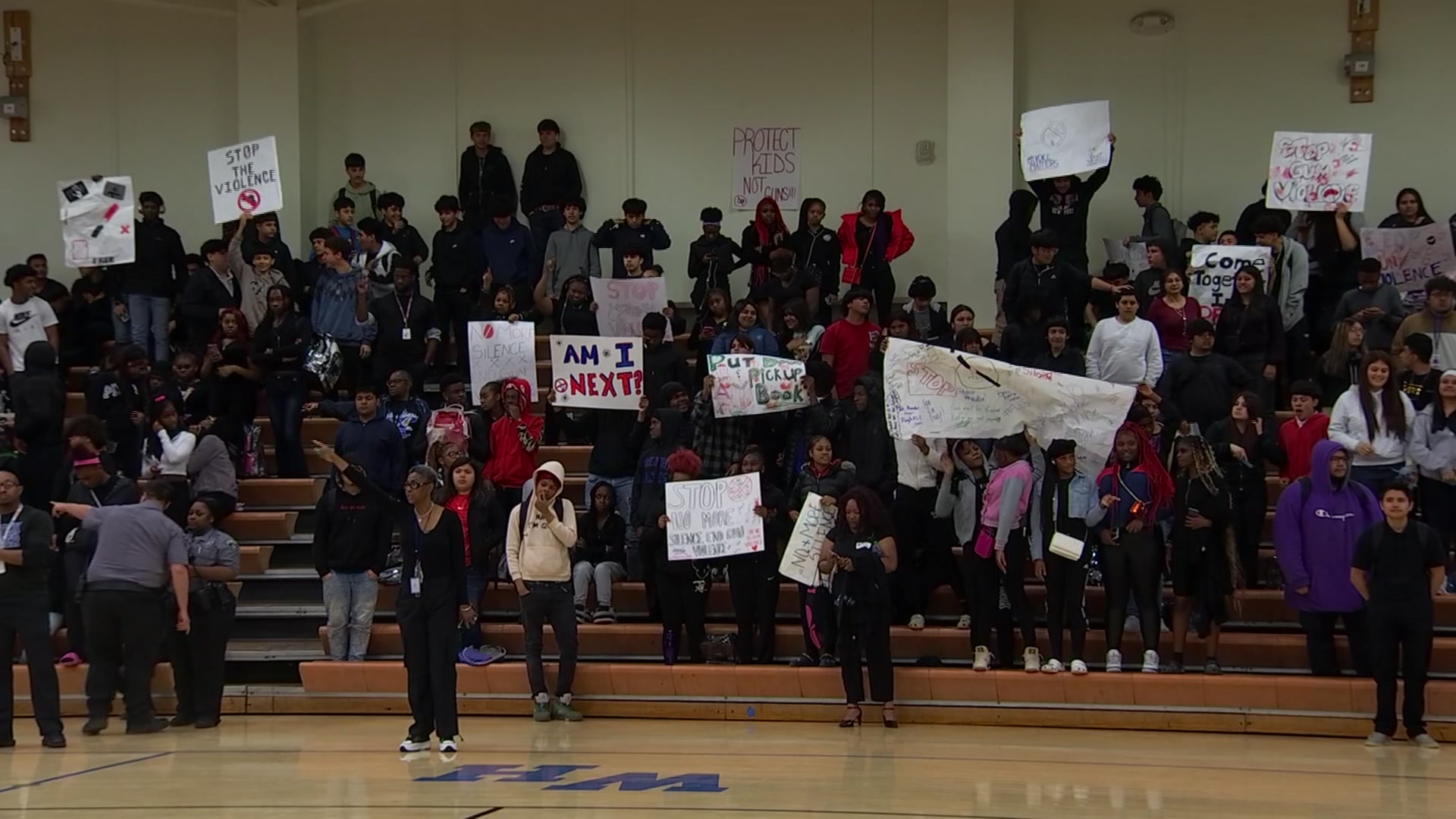Tuesday morning, Dallas City Council's Housing Committee will meet to prioritize how much money to spend on the city's stubborn homeless problem.
The budget needs to be finalized soon, and homeless advocates are asking for millions of additional dollars.
The city says there are dozens of reported homeless camps, most of them are clustered near downtown. And there are no easy answers about the best way to tackle that problem.
As leaders get ready for another debate on how much money to devote to the homeless situation, another tent goes up in the latest version of so-called "Tent City"--near Interstate 30 and Haskell, a few hundred yards away from the Fairgrounds.
"They're trying to close down all the camps and leave them with nowhere to go," said Charles Gilbert, who says he has been homeless in Dallas for 10 years.
Gilbert admits he is a registered sex offender but says he doesn't abuse drugs or alcohol and wants the chance to live "with a roof over my head" and earn a living.
"A lot of these homeless people are hoping to get off the streets and get into housing and get a job and correct their lives," he said. "A lot of the people here have just gotten out of prison and they had nowhere to go and they are forced to become homeless."
Local
The latest news from around North Texas.
The city manager's budget proposal calls for a $4.4 million dollar increase in homeless assistance. Most of that is covered by grants, but city taxpayers will be asked to pay $1 million more.
In total, the plan is to spend $16.6 million on homeless assistance next fiscal year. $7.1 million of that comes from Dallas general funds, up from $6.1 million last year.
The money will be used for additional case workers and support services, and for homeless camp cleanups.
"We've been out here with other volunteers and try and clean the place up and then in a week it's all trashed again," Gilbert said.
Heather Longyear is studying social justice in college, and rents a storage near a large homeless camp under I-30, which has grown to about 100 tents.
"I think if we can put some of that four million extra dollars into something to help the mental health care of people who are struggling, that would be the best use of that money," she said.
According to city statistics, 75 homeless people in recent months have been moved into transitional apartments. private housing, or emergency shelters.
It's a positive step forward, but it comes at a cost to taxpayers--who will be asked once again to foot a large bill.



